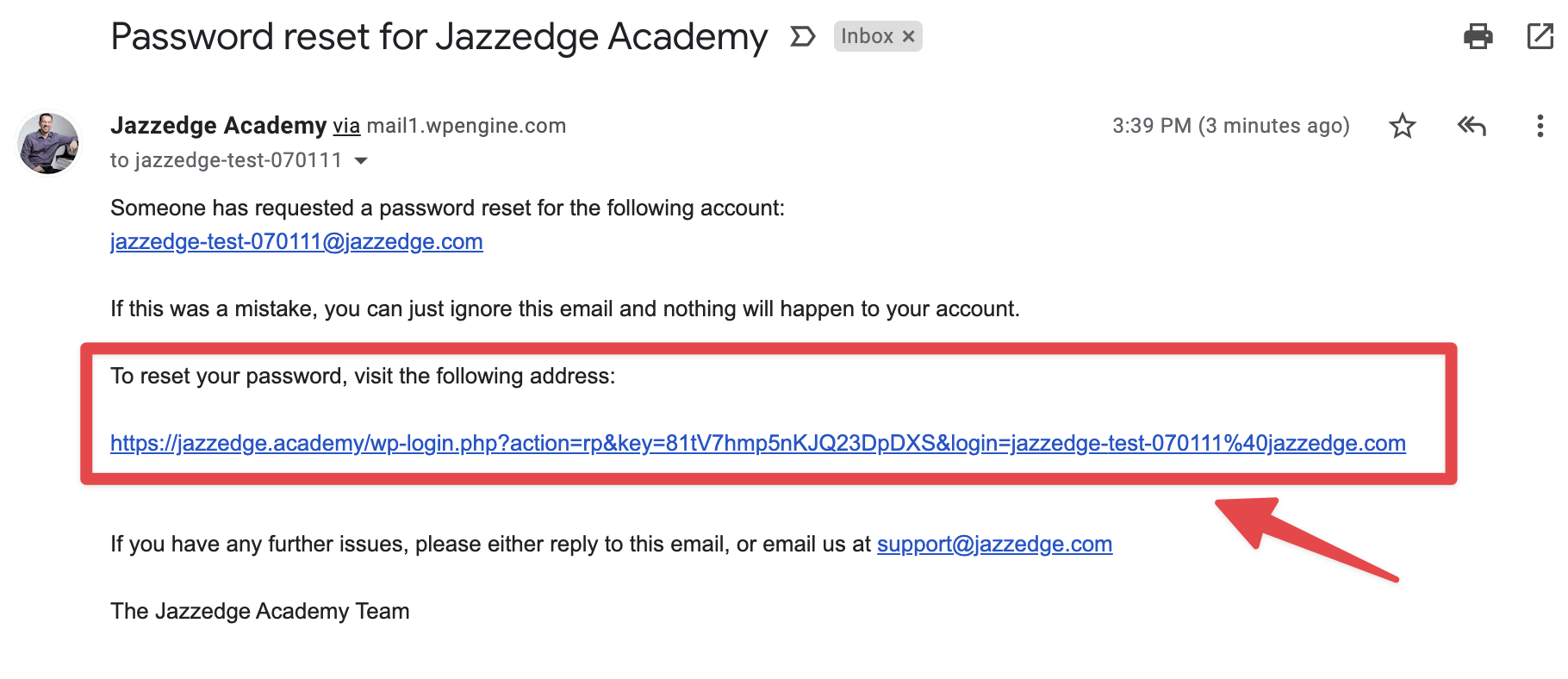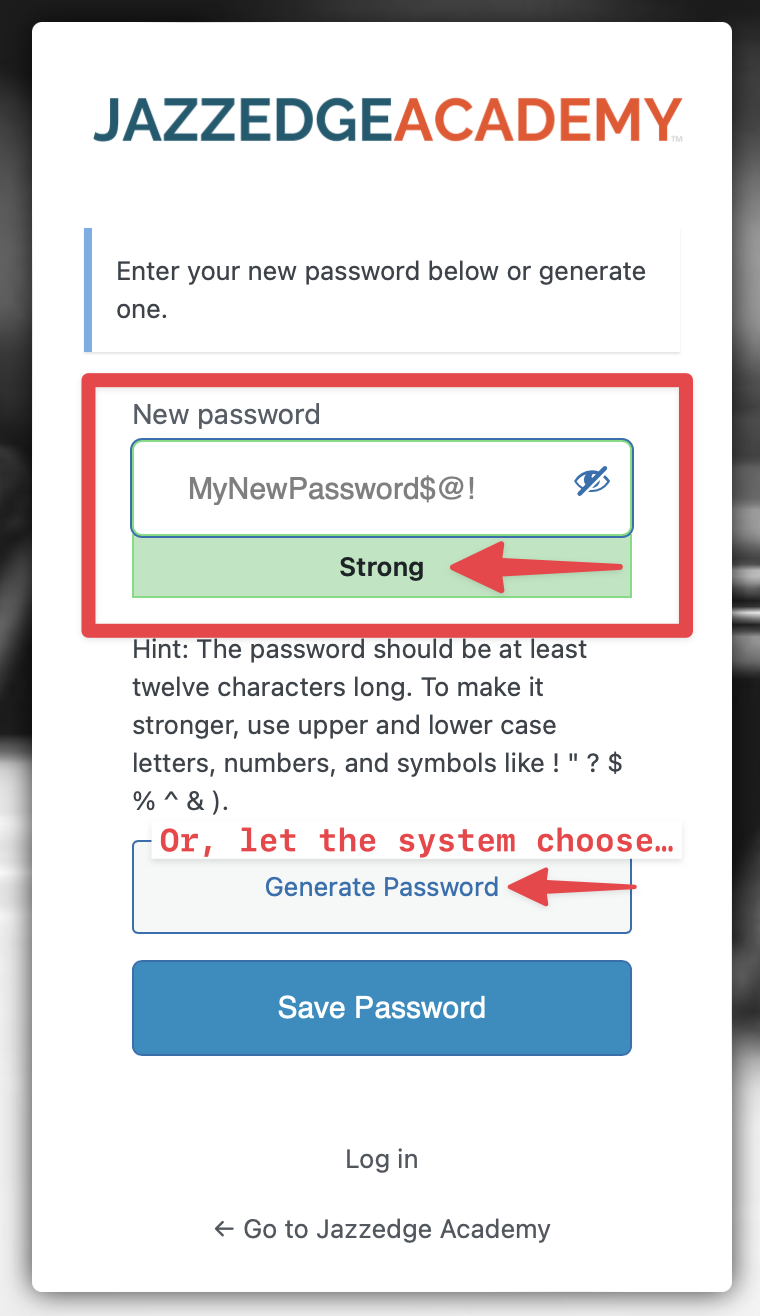Forgetting a song you've spent hours practicing can be incredibly frustrating. One day, you play it effortlessly; the next, it's as if you've never learned it. This is a common issue among piano students of all levels.
Memory retention in piano playing involves four key components:
- Muscle Memory – The automatic, physical movement of your hands.
- Auditory Memory – Remembering how the piece sounds.
- Visual Memory – Recognizing patterns, notes, and chord structures.
- Theory Memory – Understanding and remembering the structure and form of harmony.
If you're constantly forgetting songs, understanding the reasons behind it can help you develop better memorization strategies.
The Science Behind Forgetting Piano Songs
The process of forgetting follows Ebbinghaus' Forgetting Curve, which shows how newly learned information fades over time without reinforcement. Studies suggest that memory is strongest when actively recalled and reinforced rather than passively repeated.
"Hermann Ebbinghaus hypothesized that the speed of forgetting depends on a number of factors such as the difficulty of the learned material (e.g. how meaningful it is), its representation and other physiological factors such as stress and sleep. He further hypothesized that the basic forgetting rate differs little between individuals." - source Wikipedia.
There are two main types of memory at play when learning piano:
- Short-Term Memory – Used when sight-reading or playing a song learned recently.
- Long-Term Memory – Built through repetition, structured practice, and deep learning of the music.
If your memory retention is weak, it’s likely that the song never transitioned from short-term to long-term memory.
Common Reasons You Forget Piano Song
A. Lack of Proper Memorization Techniques
Many pianists rely too much on muscle memory, which is unreliable without reinforcement from other types of memory. If you play a piece on autopilot without understanding its structure, it’s easy to forget when faced with interruptions or distractions.
B. Not Reviewing Songs Regularly
The "use it or lose it" principle applies to piano just as much as to language learning. Without periodic review, pieces fade from memory. Spaced repetition is a proven technique to combat this. One way to combat this is to use the Academy Practice Items.
C. Learning Too Many Songs Too Quickly
Overloading your brain with multiple songs at once can hinder deep memorization. It's more effective to focus on a few pieces, ensuring they are fully internalized before moving on to new material.
This issue is especially common when students try to learn too many concepts within a single song. For example, if you spend weeks working on shells, rootless voicings, basslines, improvisation, and reharmonization for one piece, applying these concepts to a new song may feel like starting over. This happens because each concept requires more dedicated practice before being transferred to another song.
To combat this, focus on one concept at a time (e.g., shells) and apply it across multiple songs in succession. This structured approach, used in the Super Simple Standards course, helps reinforce each concept before introducing new challenges.
D. Weak Theoretical Understanding
Recognizing common harmonic patterns, such as the ii-V-I progression, and understanding a song’s structure are essential for memorization. Without this foundation, remembering individual notes becomes much more difficult. Strengthening your music theory knowledge helps improve retention and overall musical fluency.
To build a stronger theoretical foundation, dedicate part of your practice time to focused theory study. Here are some helpful courses:
➡️ Beginner Music Theory – Learn essential music theory concepts from the ground up.
➡️ Jazz Piano Theory - Level 1 Beginner – Understand jazz harmony and common progressions to improve your playing.
E. Lack of Mental Practice
Many professional musicians use mental practice to reinforce memorization away from the piano. This includes visualizing finger placements, singing the melody, or writing down chord progressions from memory—all of which strengthen recall and deepen understanding.
One powerful technique is visualizing your practice session before you begin. By mentally rehearsing what you’re about to play, you create a clear roadmap for your hands and brain, making your physical practice more effective. Here are a few ways to expand on this approach:
- Close Your Eyes and "Play" the Piece in Your Mind – Imagine yourself pressing each key, feeling the hand movements, and hearing the sound of the music. This strengthens both muscle memory and auditory recall.
- Mentally Run Through Challenging Sections – If there’s a tricky passage, visualize playing it perfectly before sitting at the piano. This can help reduce mistakes and build confidence.
- Write Out the Chord Progressions – Away from the keyboard, try writing down the changes from memory. This reinforces harmonic understanding and helps with long-term retention.
- Sing or Hum the Melody – If you can sing it, you can play it! Internalizing melodies without relying on muscle memory strengthens your connection to the music.
- Use Silent Fingering Practice – Place your hands on a flat surface and "play" the piece without sound. This builds muscle memory and improves coordination.
By incorporating mental practice into your routine, you’ll not only memorize songs more effectively but also gain a deeper, more intuitive understanding of the music.
How to Stop Forgetting Piano Songs
A. Improve Your Memorization Strategy
- Use Multiple Memory Techniques – Combine muscle, auditory, and visual memory.
- Break Songs into Sections ("Chunking" - more on this in an upcoming article) – Learn in small chunks and gradually piece them together.
- Practice Hands Separately – Strengthen recall by isolating left and right hand parts.
B. Implement a Song Review System
- Create a Rotation Schedule – Review older pieces at set intervals.
- Use Spaced Repetition – Practice difficult passages more frequently, gradually increasing time between reviews.
- Use Your Repertoire Database – With Jazzedge Academy, you can store your repertoire in your account for easy recall and documentation.
C. Strengthen Your Music Theory Knowledge
- Recognize Common Chord Progressions – Helps you anticipate and remember harmonic movement.
- Analyze Song Structures – Break songs down into intro, verse, chorus, and bridge. Good lessons to check out:
D. Use Mental Practice
- Visualize Playing the Song – Imagine playing through a piece without touching the piano.
- Sing or Hum the Melody – Strengthens auditory recall.
- Write Down Chord Progressions – Reinforces visual and theoretical memory.
E. Play Songs in Different Contexts
- Transpose to Other Keys – Strengthens memory by making you think actively.
- Improvise Variations – Keeps the song fresh and helps embed patterns into long-term memory.
- Lesson Suggestions:
Conclusion
If you frequently forget piano songs, the solution lies in structured memorization, regular review, and deeper understanding of the music. By applying these strategies, you’ll not only remember songs more easily but also build stronger musicianship.
Would you like to start improving your piano memory today? Try implementing one of these techniques in your next practice session!
What are your thoughts? Write your comment below and let me know the challenges you face memorizing songs.




















THANKS. Will DEFINITELY take your advice.